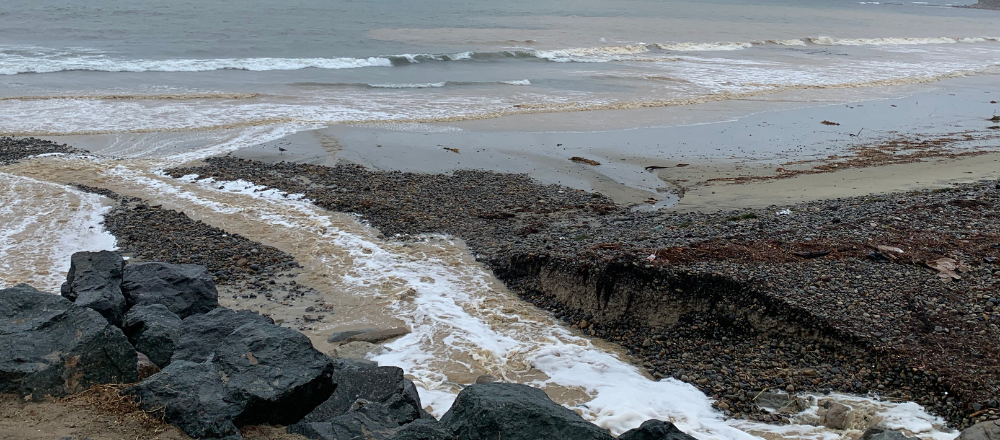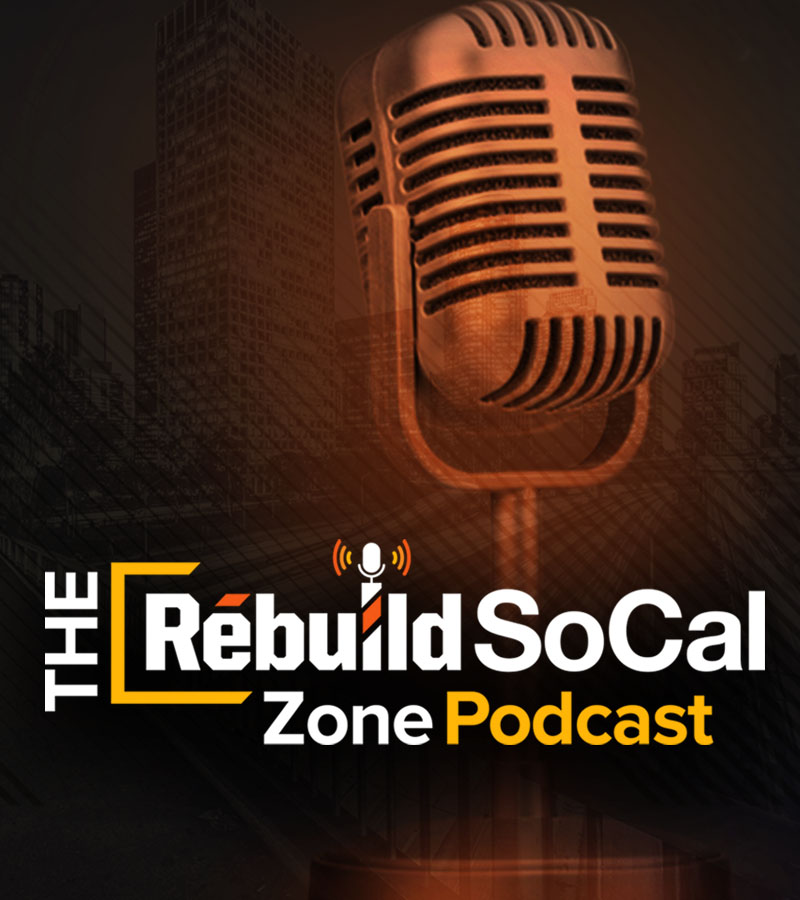Happy #TriviaThursday! Here is our question this week:
Do you know what the biggest contributor to stormwater pollution in Southern California is?
A. Illegal dumping
B. Litter
C. Urban runoff
D. Pet waste
The answer is C, urban runoff. Urban runoff is rainwater or melted snow that flows over streets, sidewalks, and other impervious surfaces in cities and towns. It picks up pollutants like oil, grease, sediment, pet waste, and litter as it flows and carries them directly into our waterways.
Rainwater faces many challenges in urban areas due to impervious surfaces such as roads, parking lots, and buildings, which prevent proper soil infiltration. The rainwater gathers pollutants, trash, and chemicals as it travels over these surfaces, ultimately entering the stormwater drainage system.
Stormwater pollution can have a number of negative impacts on our environment, including:
- Degrading water quality: Stormwater pollution can make our drinking water unsafe and make our beaches and waterways unsafe for swimming, fishing, and other recreation.
- Harm aquatic life and disrupt ecosystems: Pollutants in stormwater can kill fish, shellfish, and other marine organisms. Stormwater pollution can disrupt the natural balance of our ecosystems and can harm plants and animals that rely on clean water.
There are several things that Southern Californians can do to ensure that our stormwater infrastructure is up to date, including:
- Continue to advocate for increased funding for stormwater infrastructure. Stormwater is an essential part of our water supply, so investing in infrastructure that can protect our water quality and prevent flooding is important.
- Modernize existing infrastructure: Modernizing our current infrastructure is crucial for moving and storing water during extreme rain conditions. Support projects that modernize our local water infrastructure so in extreme weather events, such as Tropical Storm Hilary, we are able to capture all of that water
- Continue to improve stormwater capture efforts to fulfill the growing water demands in a more extreme climate
But, we can all help to reduce stormwater pollution by taking steps to prevent pollutants from entering storm drains. Here are a few things you can do:
- Dispose of trash properly: Don’t litter; always dispose of waste properly.
- Pick up after your pets: Pet waste is a major source of bacteria in stormwater. Always ensure you pick up after your pets and dispose of waste in the trash.
- Report illegal dumping: If someone illegally dumps trash or other materials, such as hazardous waste, trash, and other materials, in storm drains that can contribute to pollution, report it to the authorities.
By taking these steps, we can all help to keep our storm drains clean and our waterways healthy. To learn more about stormwater and how you can help prevent stormwater pollution, click here!
Do you have any other trivia questions for us? Email podcasts@rebuildsocal.org!
Listen to our latest podcast episode: The Challenges and Opportunities of Water in Southern California.
Follow us on Spotify for more episodes of The Rebuild SoCal Zone podcast.
Rebuild SoCal Partnership provides information about other construction projects affecting Southern California communities. Keep up-to-date on essential infrastructure issues by signing up for the Rebuild SoCal Partnership newsletter. Follow us on Facebook, Twitter, and Instagram, and listen to The Rebuild SoCal Zone podcast.

